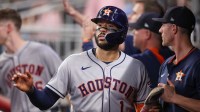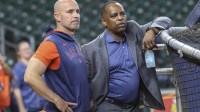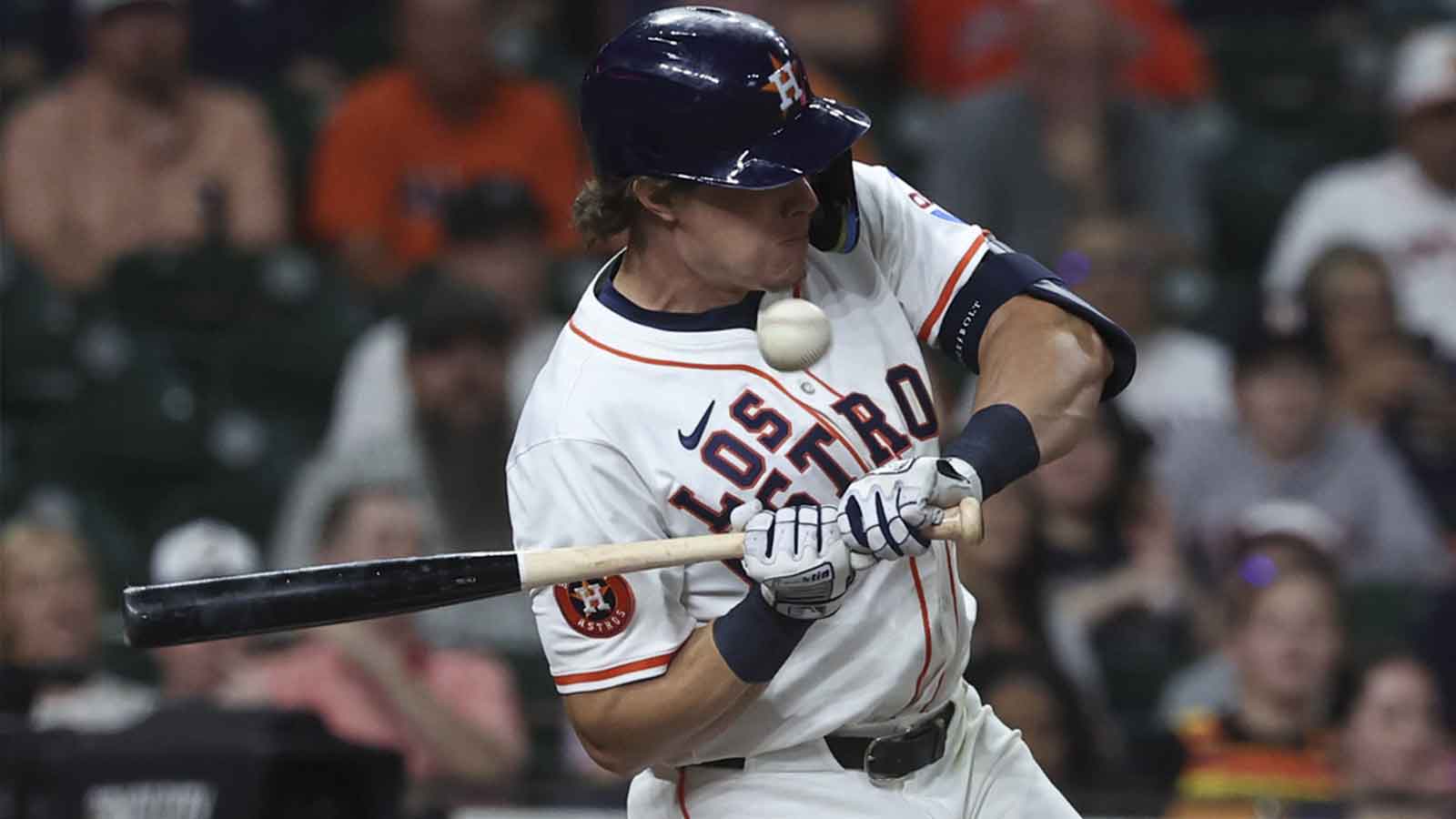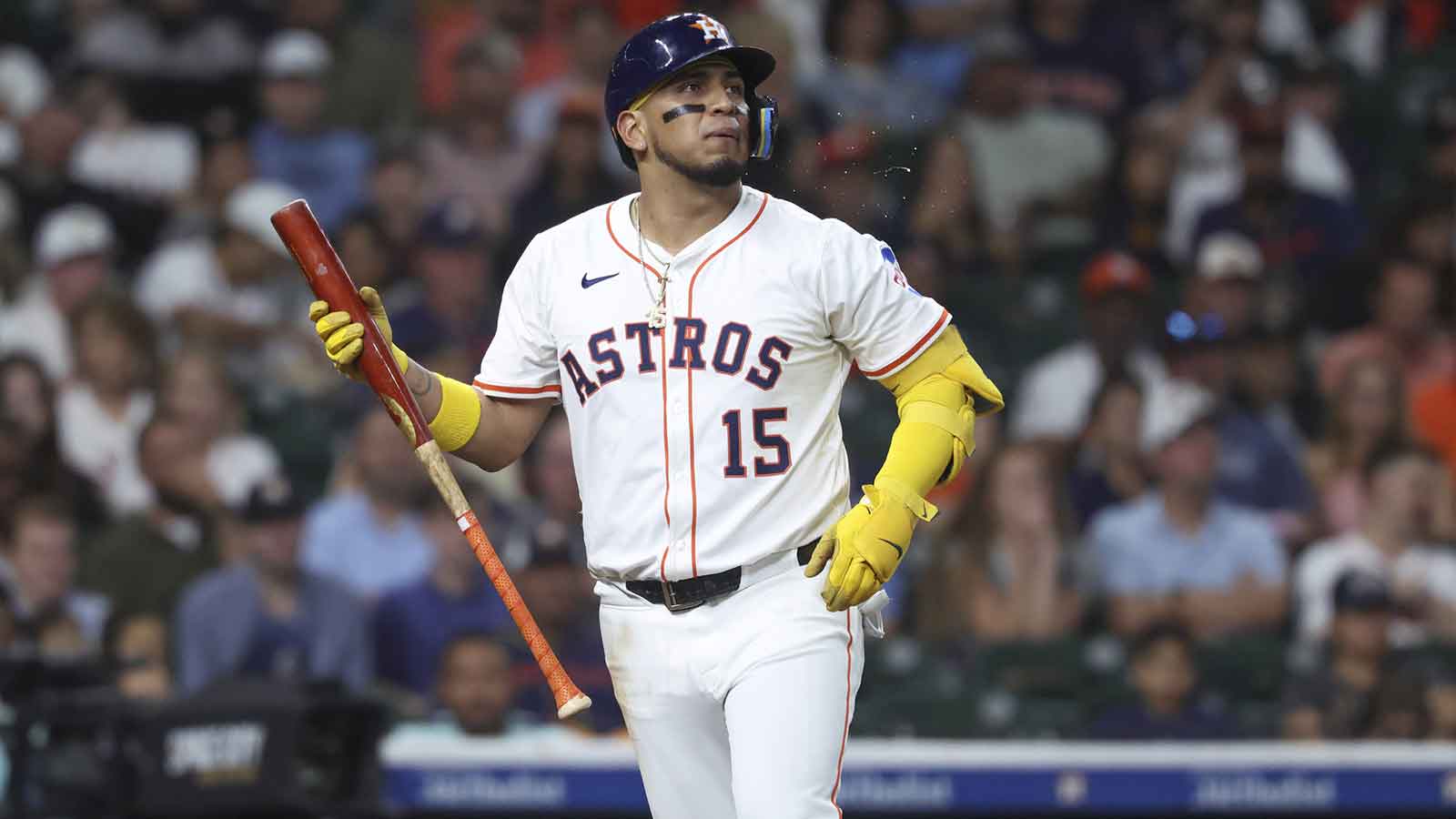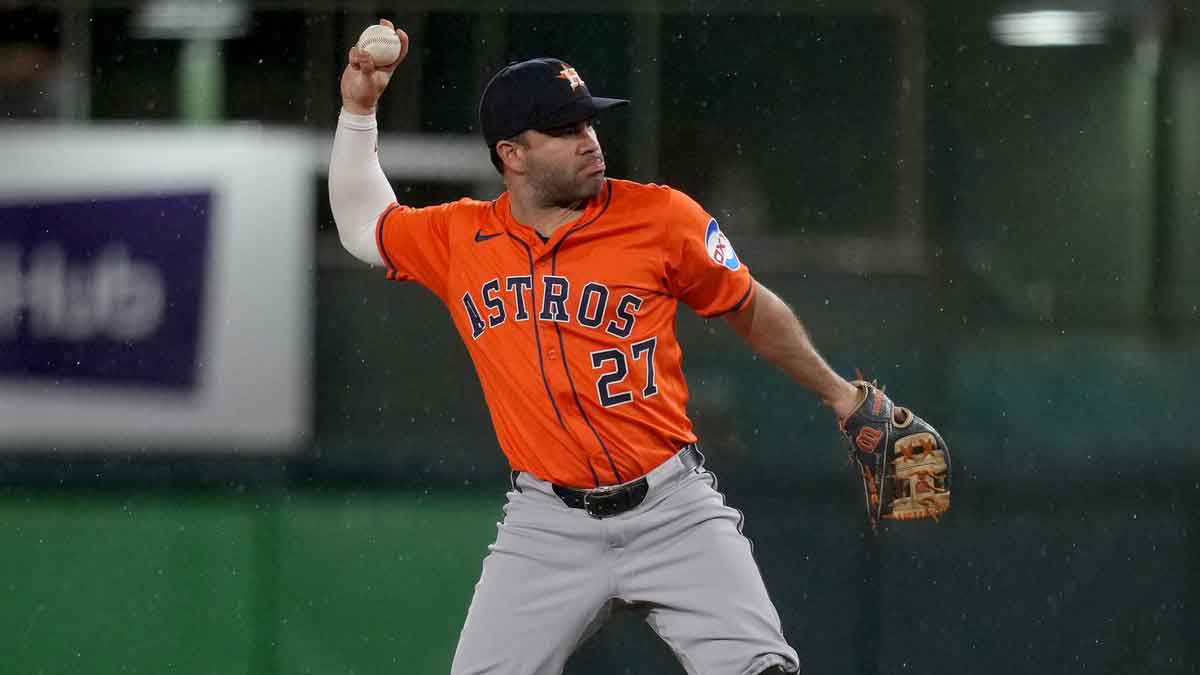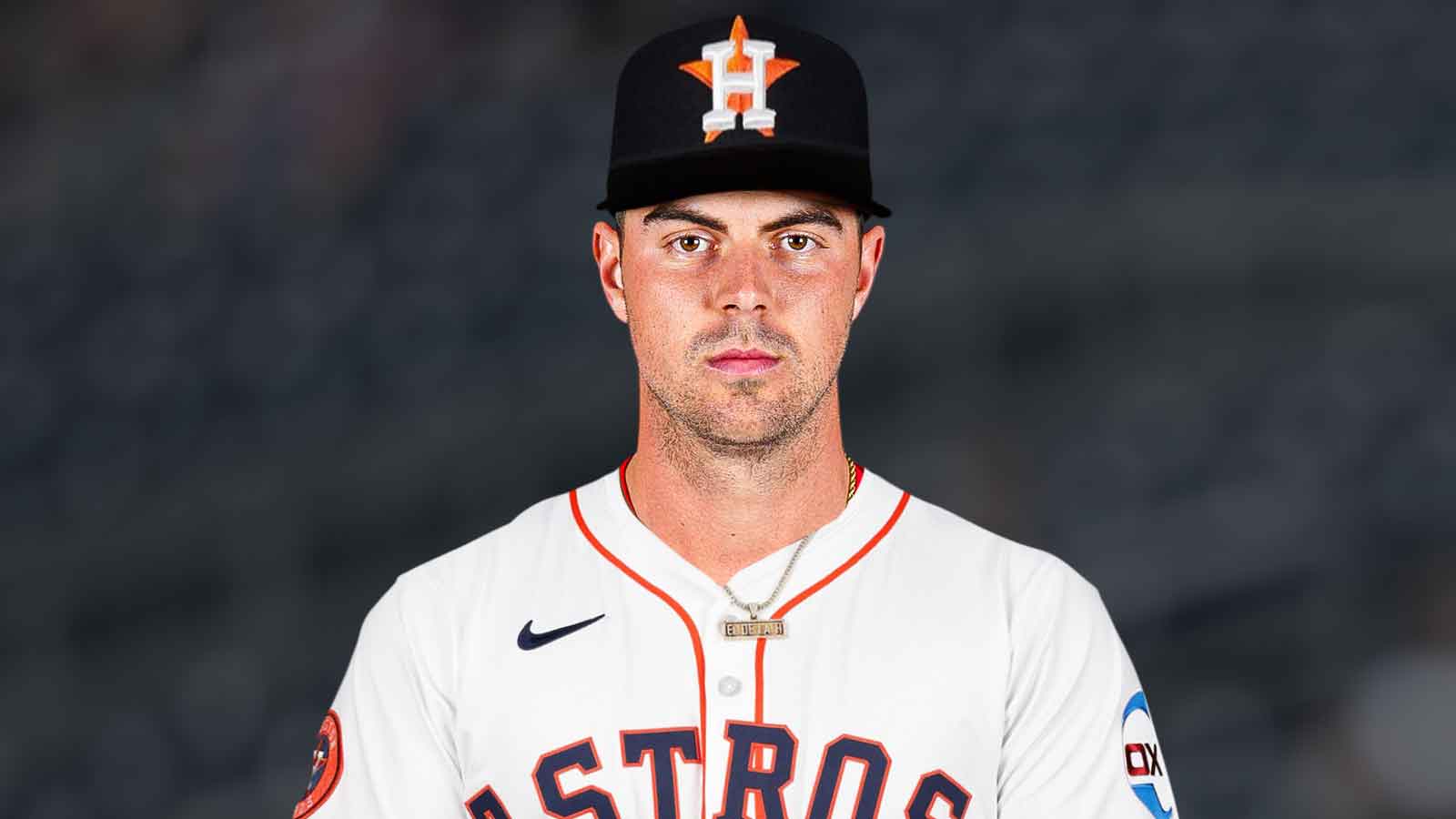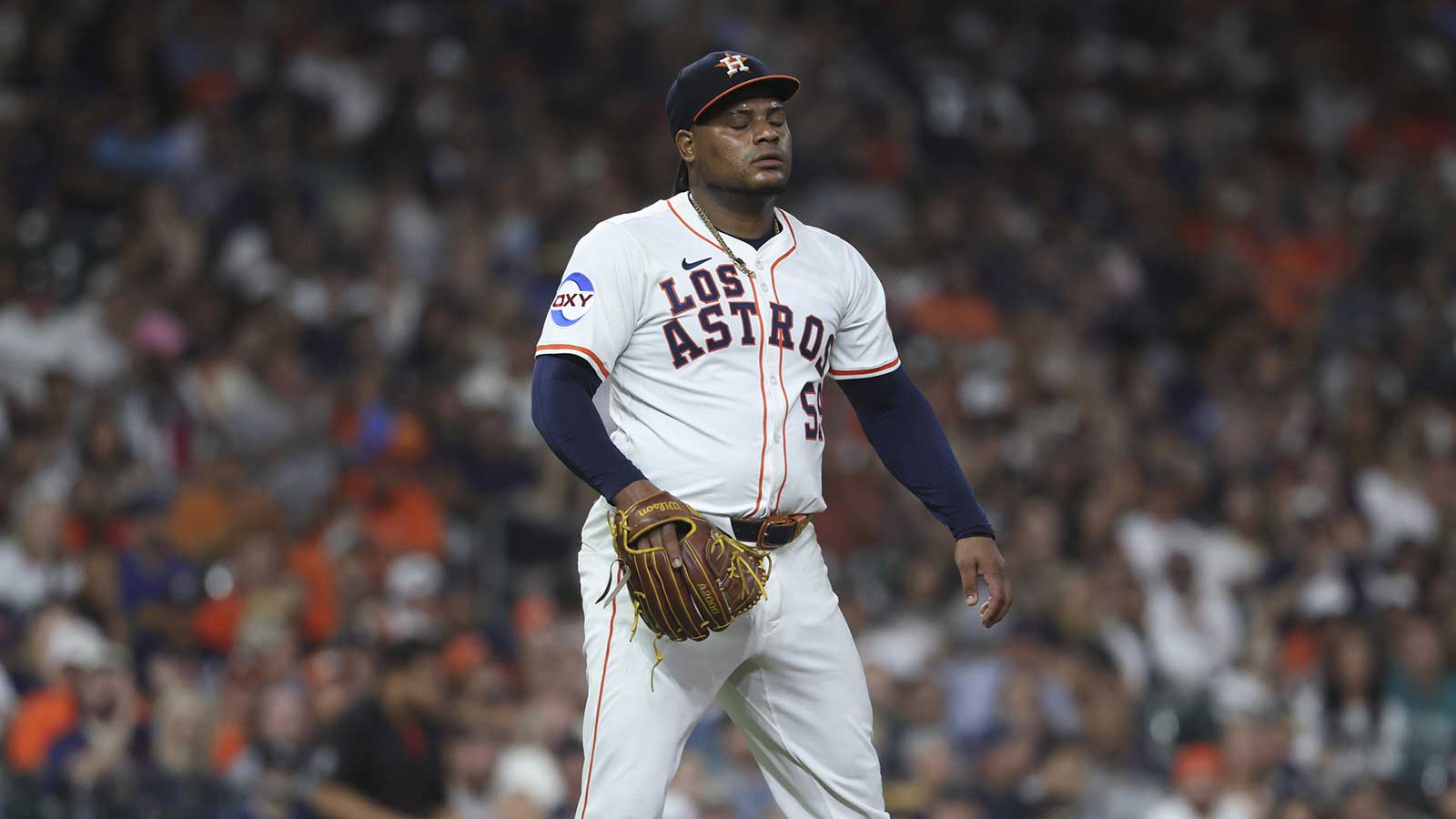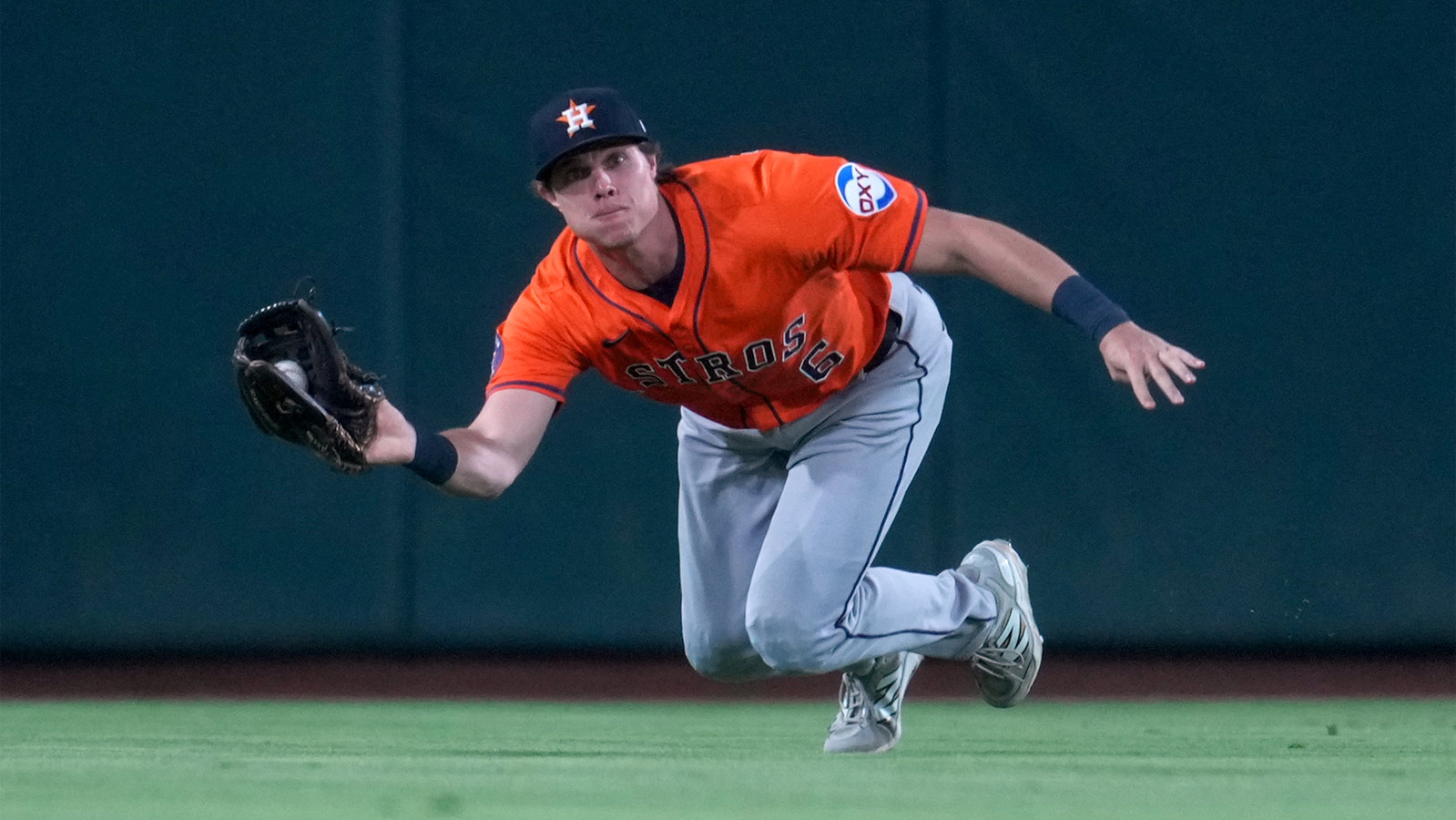Despite the best efforts of the Tampa Bay Rays, the American League Championship Series will feature arguably the two best teams in baseball.
The Houston Astros and New York Yankees will meet in the ALCS for the second time in three years. There is every reason to believe that this series can be just as competitive as it was in 2017, when the Astros won in seven games en route to their first World Series championship.
New York will have had quite a long layoff after sweeping the Minnesota Twins, while the Astros get just one day of rest before Game 1 on Saturday night.
Only one of these juggernauts can advance to the Fall Classic. Can the Astros earn a return trip, or will the Yankees make their first World Series appearance since 2009?
How did they get here?
Unlike each of the two NLDS thrillers, there is not as much explaining to do on this front.
The Yankees had to feel confident heading into their ALDS series against the Twins. New York's roster was the healthiest that they had been all season, and Minnesota had yet to defeat the Bronx Bombers in a playoff series dating back to 2003.
That streak would continue in 2019, as the Yankees dominated the Twins from the first pitch. Minnesota actually took an early lead off of Game 1 starter James Paxton, but the Yankees would wear on Twins starter Jose Berrios before pouring on the runs against Minnesota's bullpen.
New York exploited the sheer lack of pitching depth in the Twins staff, and in Game 3 they battled out of numerous jams while playing some spectacular defense to put a fitting stamp on the series.
Meanwhile, the Astros had to sweat things out against the Rays. Houston easily took the first two games behind dominant performances from Justin Verlander and Gerrit Cole.
However, the Rays fought back in Tampa. They jumped on Zack Greinke early in Game 3, then did the same to Verlander–who was pitching on short rest–in Game 4.
But as has been the case for the entire second half, Cole bailed Houston out once again in Game 5. The offense gave him run support with four runs off of Rays starter Tyler Glasnow in the first inning, but Cole never even let Tampa Bay into the game. He scattered two hits and one run across eight innings while striking out 10 on the night, emphatically staking his claim to the AL Cy Young Award and setting up an epic rematch with the Yankees.
The starters
Astros
Cole is on arguably the most dominant run of any pitcher in major league history. He set a record with 11 straight games of 10 or more strikeouts, and he also set a record for the most strikeouts in the Division Series (25). The Rays were absolutely hopeless in the box:
I'm not sure I've ever seen a postseason series end with the starting pitcher sprinting to the mound to hug the closer before the catcher gets there. But Gerrit Cole earned that hug.
54 batters faced in this series
6 hits
25 whiffs
52 swings and missesEpic.
— Jayson Stark (@jaysonst) October 11, 2019
Of course, Cole will not be on the hill for the series opener. Instead, the Astros give the ball to Zack Greinke, who was less than stellar in his Game 3 outing against Tampa Bay.
Greinke gave up six runs on five hits and failed to get through four innings. Five of the six runs came via the long ball, as Greinke struggled to command his changeup and gave the Rays too many middle-middle fastballs. He cannot afford the same mistakes against a deep and disciplined Yankee lineup that crushes mistake pitches.
Verlander gets the chance to redeem himself in Game 2. He conceded just one hit and struck out eight in seven innings of work in Game 1. But pitching on short rest in Game 4, Verlander's fastball lacked late life, and he did not have the usual sharpness or pitch selection
The 36-year-old is back on full rest by Sunday, and he has a recent history of postseason success against the Yankees. Verlander won each of his starts in the 2017 ALCS, including a complete-game performance in Game 2. The results against New York are less friendly this season (4.15 ERA in two starts), but Verlander should be motivated to deliver in Houston.
Cole will get the ball when the series shifts to the Bronx. Even though it is ridiculous to say anyone is a “sure thing” in October, the results that Cole has produced since the All-Star break are stunning. In fact, the Astros have won all but one of his starts since the break, including 15 in a row. Obviously, Cole gives Houston an excellent chance to win every time he takes the mound.
Who comes after those three? That is still a mystery. It seems slightly unlikely that the Astros would rely on their aces to make multiple starts on short rest, but they also lack depth in the rotation.
There is a chance that Brad Peacock could be added to the ALCS roster, and he might be deployed as an opener during the series if he does not see heavy relief work. The Astros could also turn to Jose Urquidy, who made seven starts during the regular season.
Yankees
The Yankee rotation looks far stronger than it did entering the playoffs.
Paxton have up a pair of long balls in Game 1, but he also struck out eight in just 4 2/3 innings of work. Masahiro Tanaka was dominant in Game 2, locating his splitter to pound the Twins into the ground while also striking out seven in five innings. Tanaka has a 1.54 ERA in six postseason stars, and he always seems to rise to the occasion.
Luis Severino only just made his season debut in September, and despite some erraticism in Game 3 he escaped multiple jams and showcased the dominant stuff that made him New York's ace over the course of the last two seasons.
New York's starters are all fully rested after they wrapped up their series on Monday. The question is, who will start Game 1? Paxton is the most likely candidate. Although he struggled against the Yankees during the regular season (6.00 ERA in two starts), he has been New York's best pitcher down the stretch.
Severino might jump Tanaka in the rotation to start Game 2. The Yankees would probably prefer to play the percentages with respect to his home-road splits, and Tanaka has thrived at Yankee Stadium in his postseason career.
Much like the Astros, the Yankees face questions after Game 3. Manager Aaron Boone could turn to Chad Green as an opener depending on his usage through the first three games. There have also been signs that suggest veteran lefty C.C. Sabathia could make the ALCS roster.
Sabathia's season was marred by injury and poor performance, but he is another option in the rotation should he make the roster. Fellow left-handed veteran J.A. Happ could also get an opportunity.
The lineups
Astros
Houston had one of the most dynamic offenses in baseball this season. But they averaged less than four runs per game during the ALDS against the Rays.
George Springer had a brutal series from the leadoff spot. Springer has historically been an excellent postseason player, but he slashed .143/.182/.143 and failed to record a single RBI against the Rays.
Carlos Correa–who had not played since Sept. 21–notched three hits during the first two games in Houston. However, he went 0-for-11 with five strikeouts during the rest of the series, and manager A.J. Hinch even moved his star shortstop down in the lineup.
Fortunately, the Astros are as deep as any team in the league. Jose Altuve and Alex Bregman combined for eight of the 17 RBIs in the series, and both Yordan Alvarez and Yuli Gurriel stayed hot.
Houston also got some solid offensive contributions from both of their catchers–Robinson Chirinos and Martin Maldonado–and Michael Brantley had a huge Game 5.
Do the Astros have enough firepower at the bottom of the order? Should guys like Correa and Josh Reddick continue to struggle, then they stack up as a very top-heavy group. Not to mention, Springer has not been the spark plug that he as during the regular season, and Houston does not possess a ton of depth off the bench.
Still, Houston's boppers in the middle of the lineup are scorching hot, and Bregman in particular is absolutely relentless. They can jump on you in a hurry, as they proved during the first inning of Game 5.
Yankees
The Yankees kept the line moving all series long against the Twins. They posted an astonishing .929 OPS as a team, and everyone seemed to deliver a big hit.
Gleyber Torres and Didi Gregorius were particularly lethal.
Aaron Judge called Torres the “next Yankee great” after Game 3, and he showcased why he is one of the brightest young stars in the game. Four of Torres' five hits went for extra bases, and he drove in four runs in three games.
Torres never appears rattled at the dish, and he was extremely tough with two strikes. He fouled off a number of offerings during a seven-pitch at-bat against Tyler Duffey in Game 1 before delivering a crucial go-ahead double. He also homered off Jake Odorizzi to give the Yankees the lead in Game 3. Simply put, Torres lives for the pressurized moments.
Meanwhile, “Postseason Didi” has returned. After slashing just .238/.276/.441 during the regular season, Gregorius slashed .400/.500/.700 against the Twins and smashed a grand slam against Duffey to blow Game 2 wide open.
Designated hitter Edwin Encarnacion was excellent in his return from injury, and D.J. LeMahieu continued to his incredible 2019.
Because of the depth in the lineup, opposing pitchers simply tire against the Yankees, especially because they do not want to give in to sluggers like Judge and Giancarlo Stanton. Judge and Stanton each drew four walks in the series, and Sanchez drew three more.
That kind of measured approach will be crucial against Houston's aces, who rarely walk opponents and mix their pitches to get big strikeouts.
New York does have the advantage over the Astros in that they are deeper. Cameron Maybin replaced Stanton later in ball games and had some good at-bats, and guys like Tyler Wade and Austin Romine may also be key contributors.
The bullpens
Astros
Houston's bullpen really was not tested much in the ALDS outside of Game 3. That is not to say that they cannot provide quality innings.
Roberto Osuna, Will Harris and Ryan Pressly are as good a bullpen trio as any in baseball, and Joe Smith is especially tough on right-handers.
However, the Astros could run into problems if they need help in long relief. Wade Miley continued an awful run of games during his appearance in Game 3, and most of the guys in the bullpen are built for one to two innings of work. Of course, Peacock could provide some depth in this regard if he makes the ALCS roster, but Houston might also be hoping that he can start Game 4.
Still, the Astros are tough at the back end, and guys like Smith and Josh James could be vital in terms of their ability to come in and get a strikeout.
Houston lacks an impact lefty, but that is less imperative against a right-handed heavy Yankee lineup.
Yankees
New York's bullpen, on the other hand, got plenty of work. Boone did not want to make the same mistakes that he made during the 2018 ALDS, so he kept his starters on a short leash.
The Yankees have one of the deepest groups in the game. Green, Tommy Kahnle, Adam Ottavino, Zack Britton and Aroldis Chapman all have plenty of experience in high-leverage situations.
Interestingly, Boone used Ottavino almost exclusively against right-handers against the Twins. However, he is likely to get more usage against the right-handers in Houston's lineup.
From the other side of the box, expect Boone to lean heavily on Britton, especially against Alvarez. Britton is extremely tough on left-handed hitters, something that cannot be said for fellow lefty Tyler Lyons.
The biggest question–as usual–will be how often Boone uses Chapman. He was dominant against the Twins, and there is a tendency to go to dominant closers early in September. Former Yankee manager Joe Girardi was criticized for not utilizing Chapman more often during the 2017 ALCS. Is it possible that he could pitch more often in non-save situations?
The skinny
This has all the makings of another classic series. The Yankees are rested, healthy and confident as they prepare for an Astros team that came off a draining five-game series.
New York's offense is a Sanchez or Stanton breakout from looking practically invincible, and the lineup is filled with guys who are tough outs. They also have plenty of depth in the bullpen.
However, the Astros hold the slight advantage. In the playoffs, quality starting pitching is a luxury. The Astros have three legitimate aces that can go deep into games and shut down opposing offenses.
While the Yankees starters had solid performances in the ALDS, Boone–at some point–needs to give them a longer leash. Can Paxton, Tanaka and Severino hold up against this Astros lineup?
Whatever the case, Astros-Yankees will provide plenty of indelible moments.





